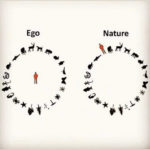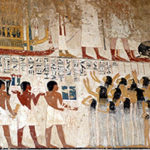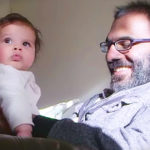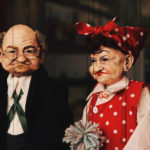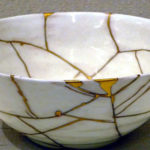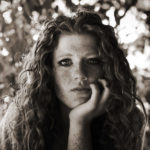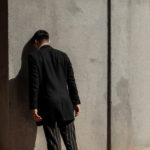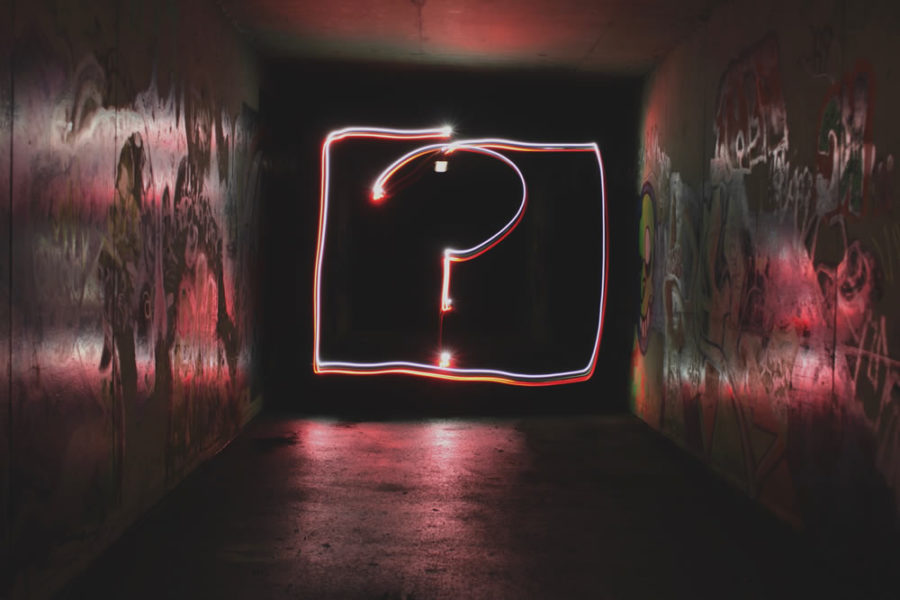
My earlier death and dying continuing ed classes often included psychiatrists and psychologists who admitted they knew little about grief. They were stuck in concepts such as closure, which doesn’t happen (and why should it if you cared for someone), and Kubler-Ross’s 5-stages, which were developed for coping with terminal illness not grief.
But the larger issue to be learned was how grief isn’t limited to the loss of life. In fact, we grieve the loss of anything we value or count on – which brings us to Covid.
In any case, western society isn’t good at grieving. Most often we simply hide it or hide from it, and the result can be depression, anger, substance abuse and even suicide.
Non-Death Driven Grief
As the news continued to cover Covid death, we came to realize how Covid living was loaded with loss.
The most obvious loss was the daily routine. But there is also the loss of physical and mental well-being from the burn-out among general labor, healthcare workers and parents juggling jobs and home schooling. Also the loss of socialization and companionship especially for the elderly who can’t see family. These are only a few of the losses for the living that have led to a loss of morale.
One major loss, however, has had little press—our loss of certainty.
Human beings don’t like uncertainty. Of any kind.
The last couple of years of mandated constraint has been one long smear of uncertainty. Intellectually we know that any one day could be our last, but we have thrived on the illusion of certainty—until Covid.
As 2020 drew to a close we looked forward to saying goodbye to Covid and rebuilding our lives in 2021. That didn’t happen. Instead the pandemic destroyed the significance of one year ending and another beginning.
In truth calendar dates are as inconsequential as the topography when driving across a state line. You leave one state and enter another – and what just happened? Was the soil, the temperature, time of day or weather suddenly different? When you leave a “city limit” how does your life change in that moment?
The same holds true regarding the day, the week, the month or the year. All befores and afters are fabricated sign-posts, insignificant in the larger picture of being alive, being a good neighbor, a good friend, and a loving relative.
What has been significant is not being able to plan our lives.
In the past months, we could board a plane on a certain date, until the date we couldn’t until the date we could before the date we couldn’t again. The same goes for most everything we used to do until we couldn’t.
We might deal better if we acknowledge our body/mind is significantly jarred when we can’t count on what we expect. We might deal better if we acknowledge how difficult it is to forfeit the illusion that we are physically safe. We might deal better if we admit this new way of living is often mentally and physically too much for us to process.
And instead of hiding it or hiding from it, we would be wise to open up and share with others how difficult the “loss of living” has been… and admit we aren’t “fine.”
The answer to “What do you want?” could be “less for now…”
I do a lot of coaching and I regularly ask my clients to determine what they want to include in their lives. Initially they consider what they don’t have and want. It takes time for them to consider what they have that they want to keep – and further what they want to eliminate so they CAN keep it.
Without prodding most of us spend a lot of time “getting somewhere” without valuing our time between here and there. Practically speaking we overlook the value of the journey. Allan Watts comments that the point is not to always “hurry to the end”—and if it were—“every musician would play fast.”
Maybe we can focus less on what will be “more” and “better” down-the-road so we don’t miss what is good now. Maybe we can simply stop “waiting to arrive.”
The Covid lifestyle is our current journey. It is a journey loaded with loss. But something good will come out of the tragedy—eventually. History supports this claim. In the meantime, get out of your head and move your body. And listen to music.
Music keeps you in the moment…
I have started painting regularly and before I pick up a brush, I decide what type of music will work with what I am painting. Will it be Tina Turner, Elton John… classical or jazz? But when I really want to bring my studio down, I put on “Hallelujah” to bring home the message: I am here. Come hell or high water, I am here no matter the date, no matter the weather, no matter the variant—until I’m not!
– – – – – – – – – –
Please join me! Here are my favorite versions of Hallelujah
The first from a very interesting group recorded this year. How about playing one each day of the week as you make your coffee! Below the links is an interesting excerpt on the Leonard Cohen’s lyrics:
Pentatonix
Leonard Cohen sings in London (7 minutes)
Andrea Botticelli and his daughter
Il Divo (3.24 minutes)
Gregorian (3.53 minutes)
K.D. Lang (6.16 minutes)
Meaning of the lyrics/Hallelujah
https://www.rollingstone.com/feature/how-leonard-cohens-hallelujah-brilliantly-mingled-sex-religion-194516/
Excerpted from the book The Holy or the Broken: Leonard Cohen, Jeff Buckley, and the Unlikely Ascent of ‘Hallelujah’ by Alan Light.
Cohen is telling us, without resorting to sentimentality, not to surrender to despair or nihilism. Critics may have fixated on the gloom and doom of his lyrics, but this is his offering of hope and perseverance in the face of a cruel world. Holy or broken, there is still hallelujah.
Finally, the remarkable fourth verse drives this point home, starting with an all-too-human shrug: “I did my best; it wasn’t much.” Cohen reinforces his fallibility, his limits, but also his good intentions, singing, “I’ve told the truth, I didn’t come to fool you.”
And as he brings the song to a conclusion, Cohen shows that for a composition that has often come to be considered a signifier of sorrowful resistance, “Hallelujah” was in fact inspired by a more positive feeling. “It’s a rather joyous song,” Cohen said when Various Positions was released. “I like very much the last verse – ‘And even though it all went wrong, / I’ll stand before the Lord of Song / with nothing on my lips but Hallelujah!’” (While the published lyrics read “nothing on my lips,” Cohen has actually almost always sung “nothing on my tongue” in this line.) Though subsequent interpreters didn’t always retain this verse, its significance to Cohen has never waned: Decades later, when he was inducted into the Songwriters Hall of Fame, he recited this full last verse as the bulk of his acceptance speech.
“I wanted to push the Hallelujah deep into the secular world, into the ordinary world,” he once said. “The Hallelujah, the David’s Hallelujah, was still a religious song. So I wanted to indicate that Hallelujah can come out of things that have nothing to do with religion.”
“He’s rescued the word hallelujah from being just a religious word,” said the Right Reverend Nick Baines, Bishop of Croydon, in the BBC radio documentary. “We’re broken human beings, all of us, so stop pretending, and we can all use the word hallelujah because what it comes from is being open and transparent before God and the world and saying, ‘This is how it is, mate.’ “
Cohen says:
This world is full of conflicts and full of things that cannot be reconciled, but there are moments when we can transcend the dualistic system and reconcile and embrace the whole mess, and that’s what I mean by ‘Hallelujah.’ That regardless of what the impossibility of the situation is, there is a moment when you open your mouth and you throw open your arms and you embrace the thing and you just say, ‘Look, I don’t understand a fucking thing at all – Hallelujah!’ That’s the only moment that we live here fully as human beings.






